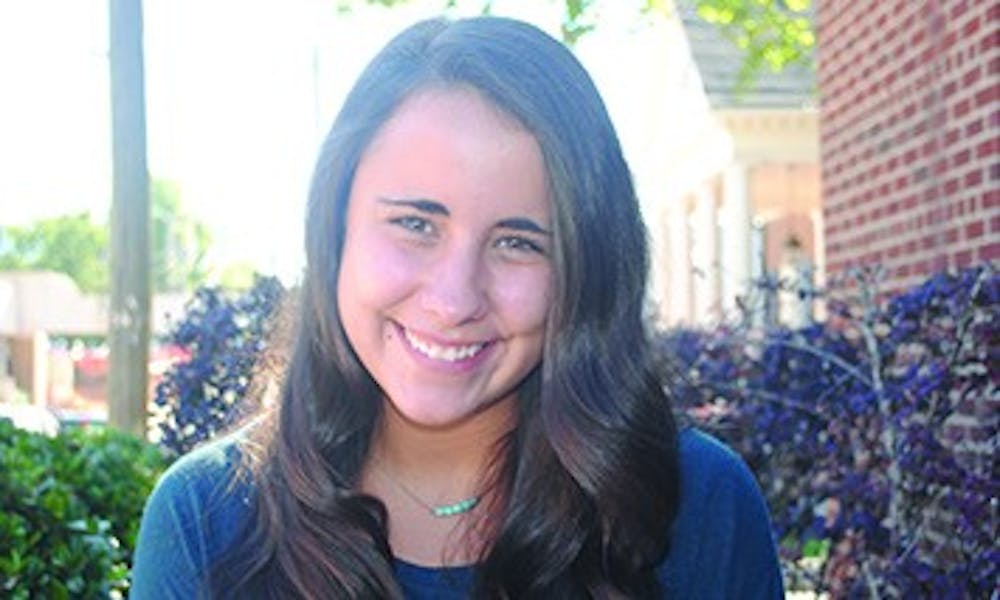If you’re wondering how Britain is reacting to the events of last Tuesday, it’s as you’d expect: lots of questions and lots of confusion.
It makes the most sense for me to write about the election and the reaction it has stirred up in Great Britain, as it’s undoubtedly one of the biggest news stories this year. But like you, I’m tired of talking about it. I’m tired of reading about it. So for now, I’m not going to write about it.
My assignment this week for a photojournalism class I’m taking was to capture a news story in pictures. Though I planned on going to demonstrations protesting the election outside the United States' Embassy, I instead stumbled upon a story I wasn’t anticipating.
I was wandering around the lawn of St. Margaret’s Church in Westminster on Wednesday when I noticed that the grounds were coated with handwritten messages on wooden crosses and plastic poppy flowers. The lawn was not its usual vibrant green, because hundreds if not thousands of poppies had turned it red.
I had been seeing these poppies across London starting in early November. I’d noticed them on coats, seen them organized uniformly on monuments and had been asked to donate money at grocery stores for the cause they represent. I knew they had something to do with Armistice Day, but before finding them in Westminster, I didn’t fully understand their purpose.
Their significance dates back to the First World War, when the countrysides of Western Europe were damaged with the detritus of war. Despite the once-bountiful land turning to dust, a Canadian doctor and artillery commander named John McCrae noticed beauty in the rubble: somehow, thousands of resolute red flowers were springing through the war-torn grounds.
He wrote a poem called “In Flanders Fields” that captured the scene and inspired the creation of silk poppies to be sold to raise funds for the employment and housing of WWI veterans.
Today, the poppies are sold by the Royal British Legion to support those who have served or serve in the British Armed Forces. I thought I’d only spend a few minutes observing the lawn I’d found, officially known as one of the “Fields of Remembrance.” Those minutes turned into hours as I circled around and around, reading the names and seeing the pictures of fallen soldiers who had given their lives to service on behalf of the United Kingdom.
Perhaps it was the context of the day, but finding those flowers only hours after learning the name of our 45th President was incredibly moving. I had spent the morning listening to people share their heavy, heated emotions on the subject. I had read stories of hate already spilling out of our country and had even seen tweets calling this election the death of democracy.




